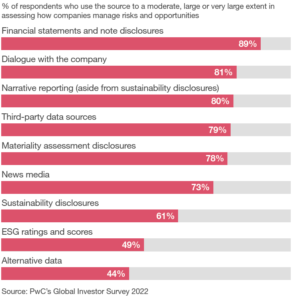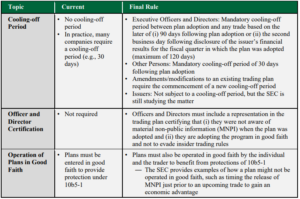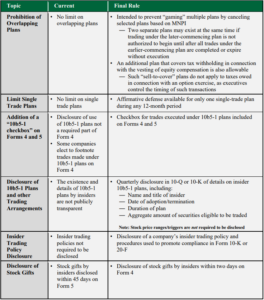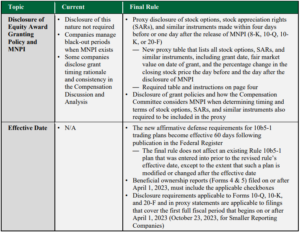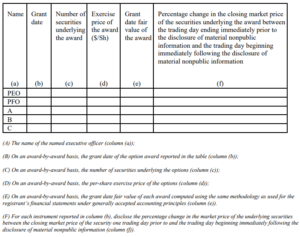Maria Castañón Moats is Leader, Paul DeNicola is a Principal, and Catie Hall is a Director at the Governance Insights Center at PricewaterhouseCoopers LLP. This post is based on their PwC memorandum.
Why? Whether you are an executive who has been meeting with the board regularly for years or you are in a new role that’s landing you on the agenda, these brief interactions play a huge role in the board’s view of your professional credibility. Your pre-read materials, presentation style, and overall executive presence will impact how the board views not only you but also your entire business function. Board meetings are your opportunity to highlight issues core to the business and to demonstrate your group’s value. So you need to prepare, and you need to make an impact.
Engaging with the board is not the same as engaging with other members of senior management. Directors’ expectations are different. Board members, company priorities, and presentation preferences change over time. Here, we share the differentiators that will turn executives from good to great in the boardroom.
